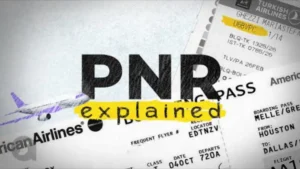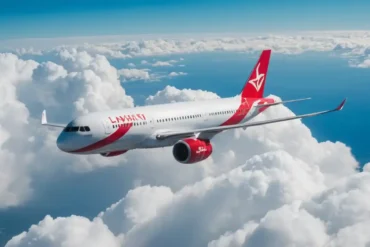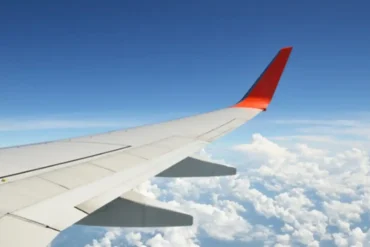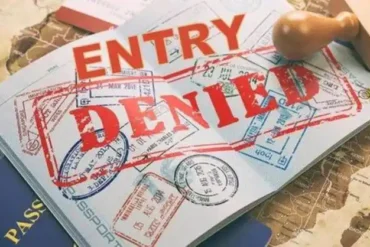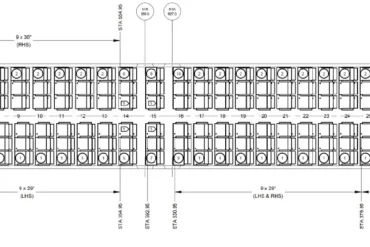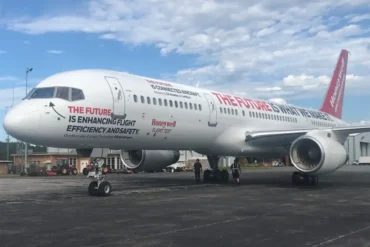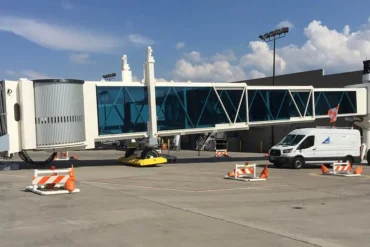Ever wonder what that 10-digit code is when you book a flight or train ticket? It’s called a Passenger Name Record (PNR), and it’s automatically created when you make your reservation. This handy little code is stored in a computer system and contains all sorts of useful information about you and your trip.
Why PNRs Were Created
PNRs were originally cooked up by a couple of airline organizations to make life easier for everyone involved in air travel. They wanted a way for airlines to share information, especially when passengers needed to use more than one airline to get where they were going.
Thanks to PNRs, airlines can easily swap data and get a full picture of your journey. And guess what? They’re not just for airlines anymore – hotels, car rental companies, and even train services use them now too!
What’s Inside a PNR?
While there’s no strict rulebook for what goes into a PNR, most of them look pretty similar because airlines tend to need the same kind of information.
The Must-Haves
Before your reservation is locked in, there are a few things that absolutely have to be in your PNR:
- Your name (obviously!)
- Contact info for the travel agent
- The name of whoever’s providing the information
- Details about your ticket
- At least one leg of your journey
The Nice-to-Haves
Once the basics are in, your PNR is good to go. But there’s often more stuff added, like:
- How to get in touch with you or your travel agency
- Your age (if needed)
- Any frequent flyer info
- Where you’d like to sit
- Special requests (like dietary needs)
- How much you paid
- How you paid for it
- Any notes from the airline
Extra Bits
After some scary events in New York and Madrid, governments realized PNRs could help keep us safe. Now, they often ask for even more details, such as:
- Whether you’re a guy or a gal
- Your passport info
- All the nitty-gritty about how you paid
- When and where you were born
Where Did PNRs Come From?
The idea for PNRs came from two big airline groups who wanted to make things run more smoothly.
What About Privacy?
Now, you might be thinking, “Wow, that’s a lot of personal info!” And you’d be right. There’s been a lot of back-and-forth about whether PNRs are too nosy or if they’re necessary to keep us safe when we travel. It’s a tricky balance between privacy and security, and people are still figuring out the best way to handle it.
